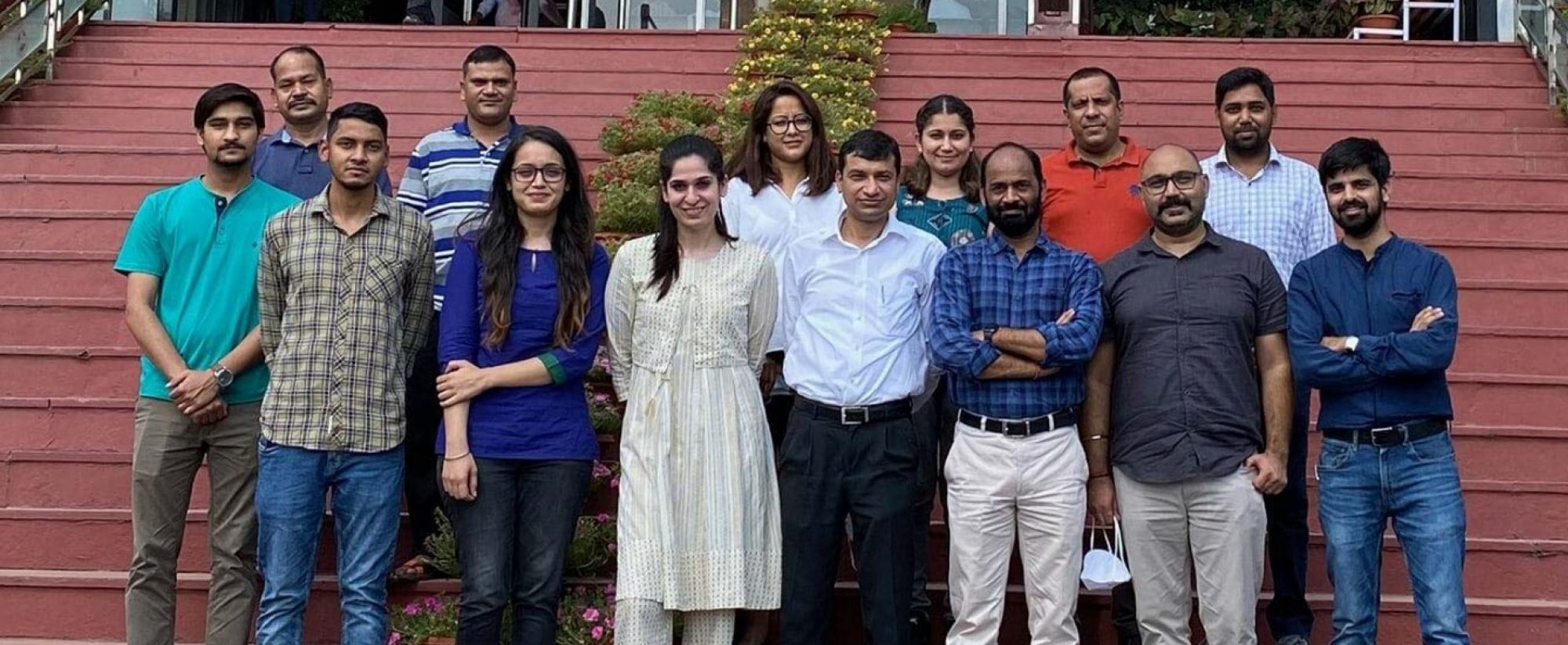The foundation built as part of the ICKD cohort is now being used to explore new research questions. We are testing the effect of cholecalciferol supplementation on cardiovascular disease (CVD)events in pre-dialysis CKD by way of a double blind, placebo-controlled, randomized, trial (CALM-CKD). Currently, the study is in feasibility phase and has enrolled >75 patients. Simultaneously, we are doing in-vitro experiments to study effect of cholecalciferol on vascular smooth muscle cells, endothelial cells and patient derived peripheral blood mononuclear cells. We are also starting a multi-centric, double blind, placebo-controlled, randomized, trialto investigate the effect of allopurinol on CVD events in patients with pre-dialysis CKD and hyperuricemia (AvoiD-CKD). A study exploring the impact of treatment of subclinical hypothyroidism on progression in CKD is also underway, being led by our collaborators at Sanjay Gandhi Postgraduate Institute of Medical Sciences (SGPGI), Lucknow.
We have established the procedures for measurement of glomerular filtration rate (GFR) by urinary clearance of inulin and plasma clearance of iohexol. We have shown that currently recommended estimating GFR (eGFR) equations are inaccurate in Indian patients. We are now working towards further validation of these observations and seek to derive and validate an eGFR equation for Indian population.
Community acquired acute kidney injury (CA-AKI) secondary to infections, drugs, toxins and envenomations is common in developing countries like India. We have established a cohort of patients with CA-AKI where we are following them to ascertain long term clinical outcomes. This cohort is also coupled to a serial biobank. We are currently working on urine proteomic profiling and biomarker assessment to identify predictors of recovery after CA-AKI.
Our center is one of the largest centers for living donor kidney transplantation in India. We are setting up a living kidney donor cohort at our center to explore clinical outcomes in this population. In addition to ascertaining clinical outcomes, this will also give us opportunities to study kidney adaptation after unilateral nephrectomy and extrapolate the same towards studying recovery from AKI and delaying progression of CKD. We are currently studying changes in urine proteomic profiling after living kidney donation.
We believe in fostering collaborations to expand the scope of our work, exploring potential for translational research and devise strategies for implementation of interventions for improving outcomes in patients with kidney disease.
